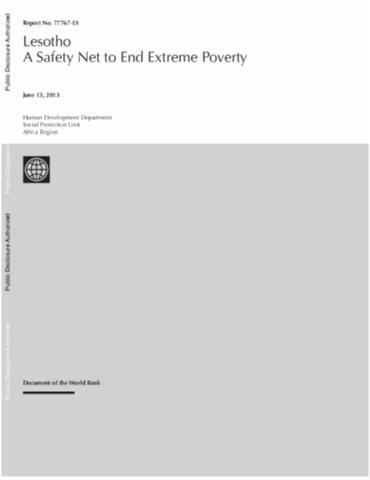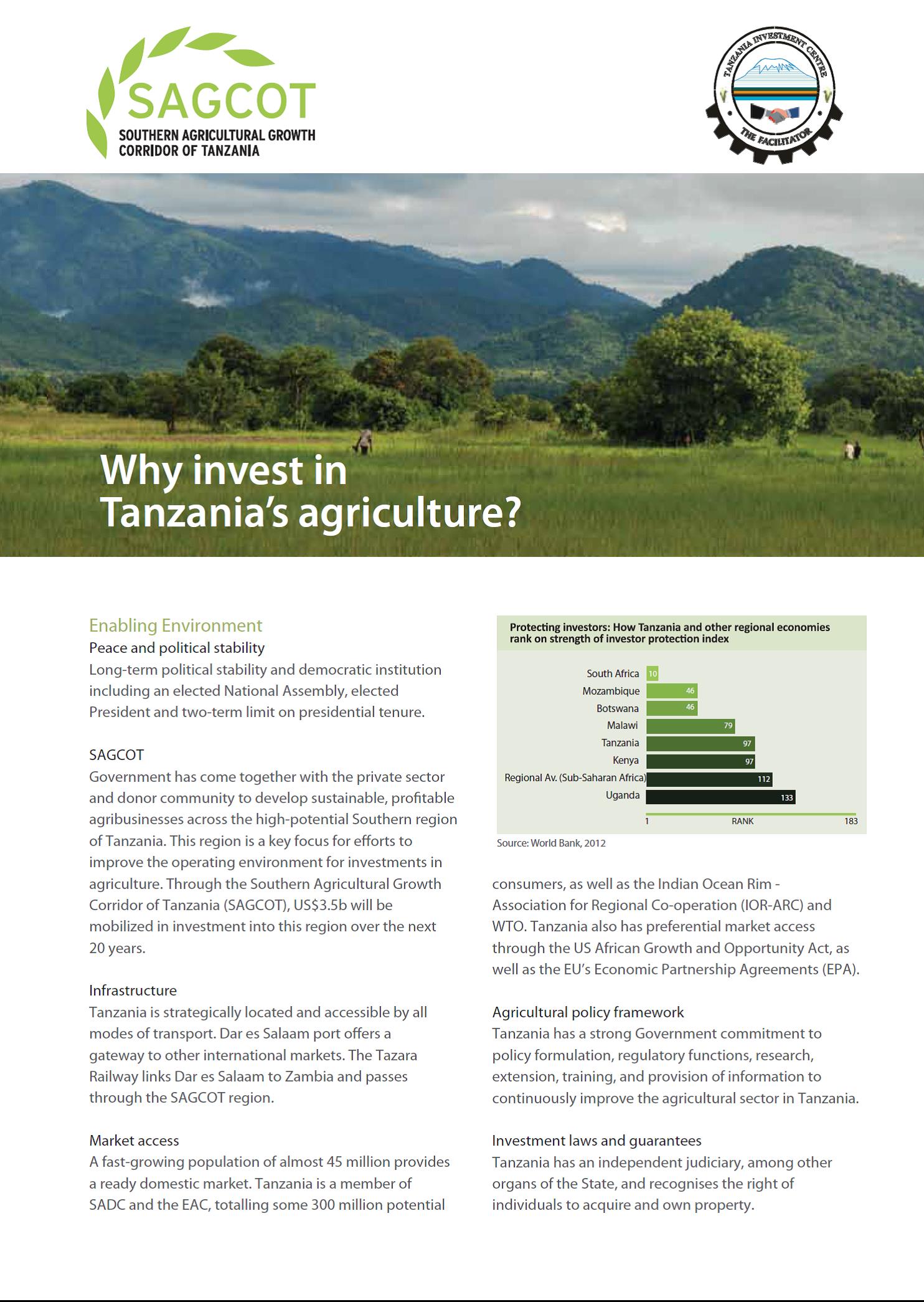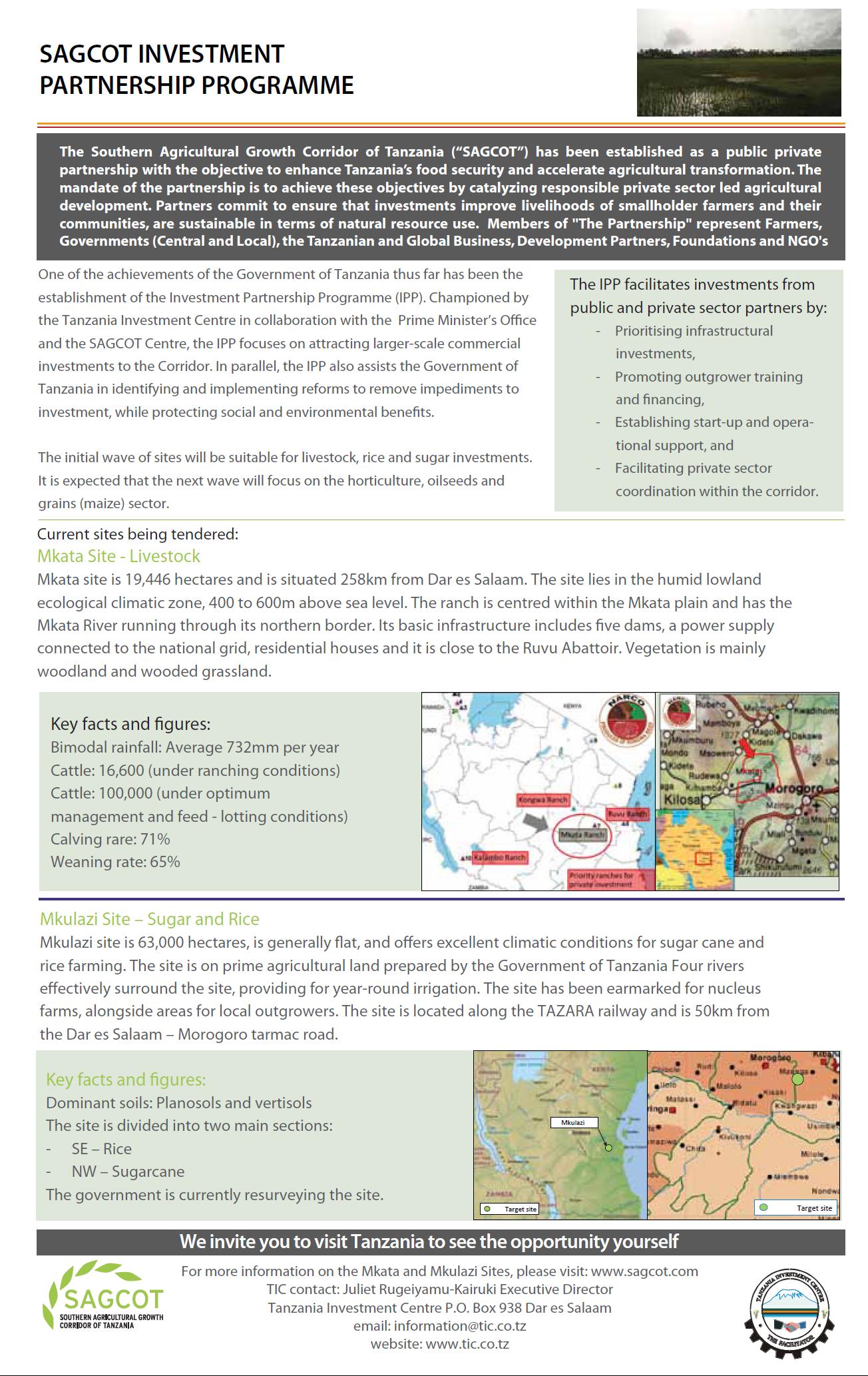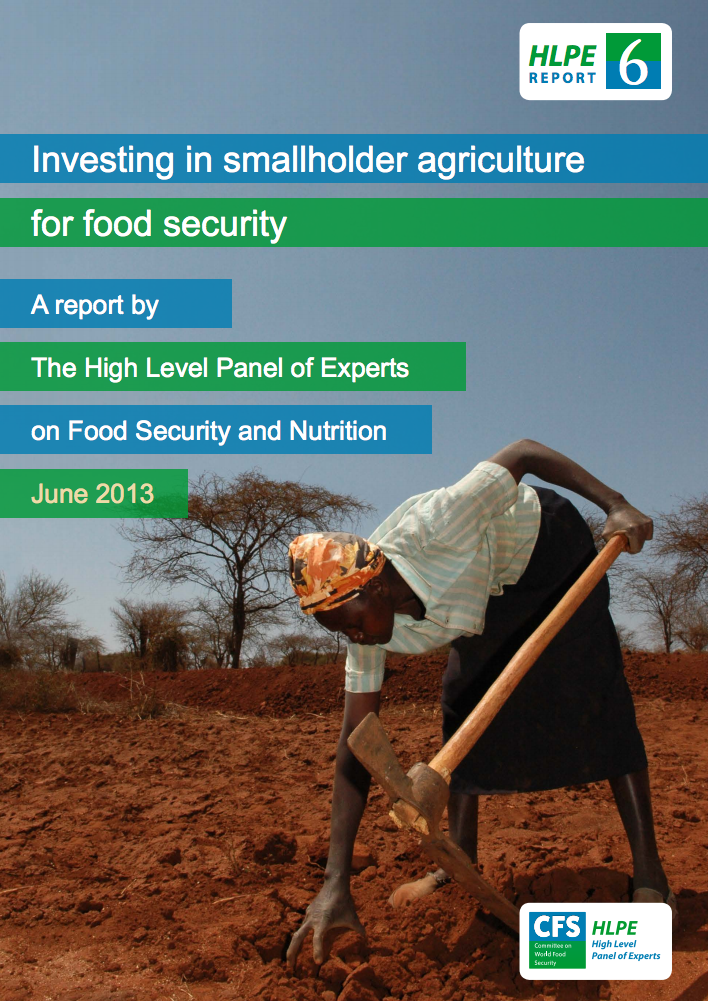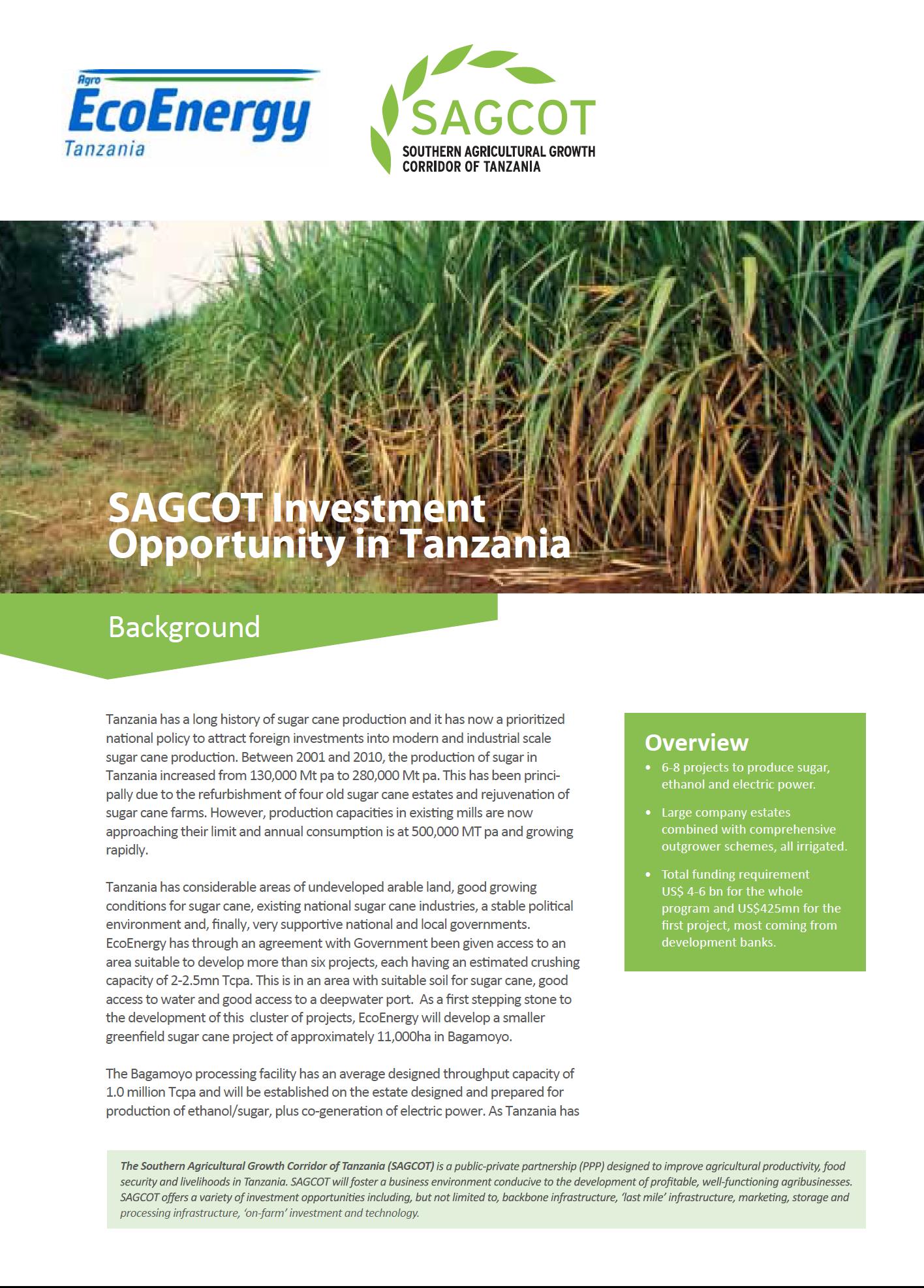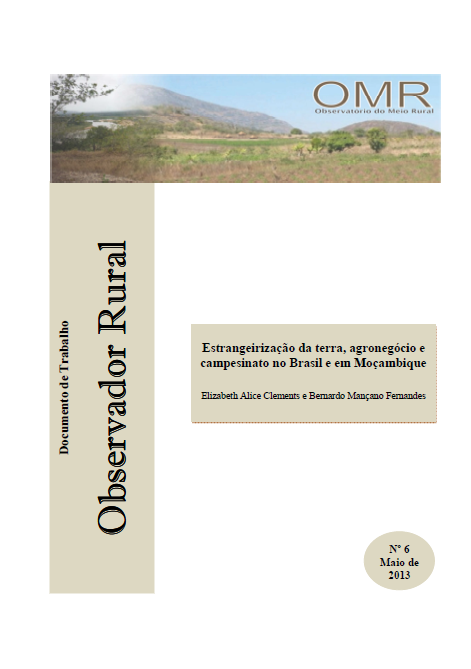Reframing the New Alliance Agenda: A Critical Assessment based on Insights from Tanzania
Through the New Alliance for Food Security and Nutrition, G8 countries are seeking to mobilise the private sector and multi-national corporations to boost African agriculture. Looks at how African countries are engaging with the New Alliance. Argues that large-scale acquisitions of land for corporate agriculture, which may result from New Alliance projects, pose a serious challenge for local markets and smallholder farmers. Underlying assumptions need to be challenged.


